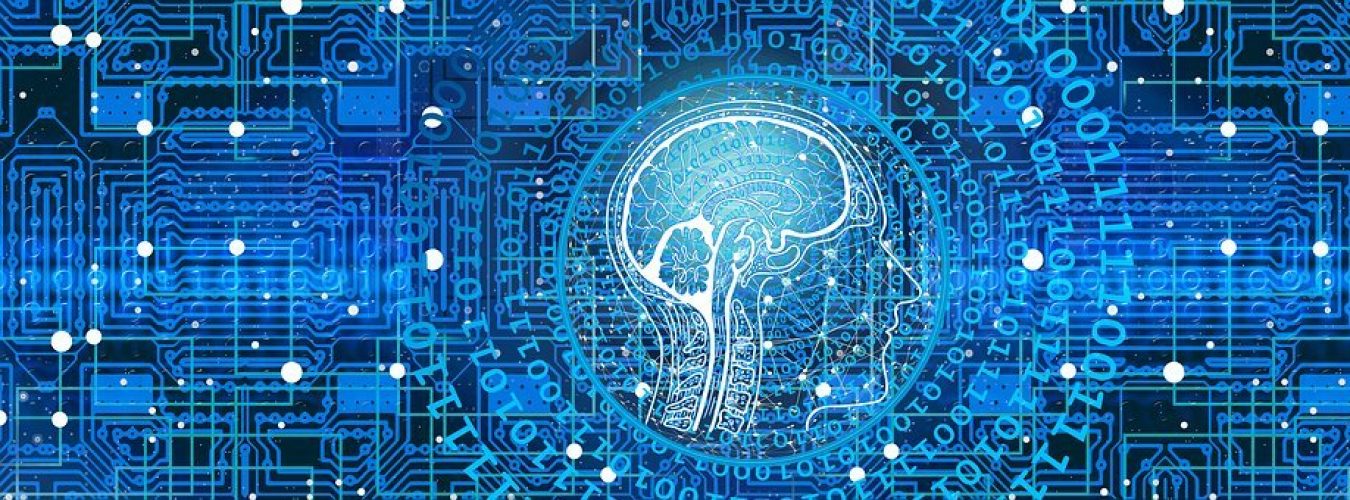We feel, we control, we lose. Why you maximize pain when you try to reduce it.
A paradox is a statement or a concept that refutes itself, but when investigated may prove well-founded or true. To explain the paradox of pain, we first must ask ourselves how we shall define the term itself. There is a physical pain we feel when a stimulus activates our receptors and sends electrical impulses to our brain, which will then cause this unpleasant feeling. However, we all know other forms of pain as well that have a more spiritual nature. If the pain appears frequently, we speak of suffering. I claim that the more you reduce pain for yourself and the world, the more you maximize it; this is the paradox:
Premise 1: Every human being strives to reduce pain by gaining control in every aspect of their life.
Premise 2: Humans can’t control the urge to have control over their lives and to reduce pain.
Conclusion 1: Humans can’t control at least one thing about themselves, which is the urge for control.
Conclusion 2: Attempts to reduce pain will maximize it instead because it brings more awareness of our powerlessness, which is the opposite of control.
Let’s go through this logical argumentation real quick.
Premise 1 is going by the theory of Abraham Maslow’s hierarchy of needs

According to Maslow, humans have needs they want to satisfy. The first needs everyone seeks to satisfy are our basic needs, like food and sleep. Once we can satisfy those, we look for security. After these basic needs, we seek to still our psychological needs like having an intimate relationship, for example, and then come Self-fulfillment needs. To satisfy those needs, we have to gain control over things. We have to have control over the natural resources we can possess, over the security of not being robbed or killed, and over our feelings for a toxic person, for instance, with whom we would have a poor relationship. This was the first premise: Every human being strives to reduce pain by gaining control over their life. Now, you would all agree that it is impossible to satisfy every single need of a person because we can’t control everything. If you want an intimate relationship (what every human want) and even children perhaps, then you will have to sacrifice a few of your other needs like self-actualization, for instance, which you could usually achieve by having the career you always wanted, but that you choose to give up so you can raise your children. There are two ways to handle that:
- You try to gain as much control over your life and other people’s lives as possible so that you can reduce pain and maximize satisfaction. But you will end up with at least a few tiny things that you can’t control and that will leave you with this incredible pain of powerlessness that humans always try to avoid.
- You accept you can’t achieve everything you want, that you can’t reduce pain, and you live your life in gratefulness for what you already possess. However, the only reason people decide to go on this stoic path of not giving a fuck is that they want to avoid pain and thus accept their lack of control. But with this very act of not giving a damn, humans try to gain control back of their needs. So here we have the refute. Even if you give up the urge to have control, we only do so to control something which is our feelings, and thus we can’t control at least one thing and that is the urge to control. This was Premise 2: Humans can’t control the urge to have control over their lives and to reduce pain.
Whether you choose the first or second option is irrelevant to the outcome. We can conclude that even if you give up your wish to control things to satisfy your needs according to the Maslow hierarchy, you still end up controlling your drives and feelings, so you can never escape the urge to control. This was Conclusion 1: Humans can never control at least one thing about themselves, which is the urge for control.
And inevitably, this leads to Conclusion 2: Attempts to reduce pain will maximize it instead because of the awareness of Conclusion 1 and the powerlessness of each individual in our path of reducing pain.
So summing up: The concept of pain is paradoxical because it is circular and refutes itself. We try to reduce pain by gaining control so that we can satisfy our needs listed in Maslow’s hierarchy. But because the urge to control is uncontrollable itself, we will find a dead end in life that makes control impossible, and a lack of control means pain. So we end up suffering again but in a maximized way because every further act of reducing pain comes with a knowledge of senselessness.
I mean, what is the point if we are just going in circles but can’t stop running?
So is life senseless? Well, although we learned today, that life is just permanent suffering, I consider that to be wonderful because how boring would it be to reach a point where we don’t have to strive for anything anymore because pain simply disappears? I would rather go around a circle where I still continuously learn about myself, than sit in a beautiful, perfect garden, where I do nothing but observe something we might label a paradise. If paradise is that, then I gladly live in hell.
Thank you for reading till the closing. Did you enjoy it? Then leave a comment!

